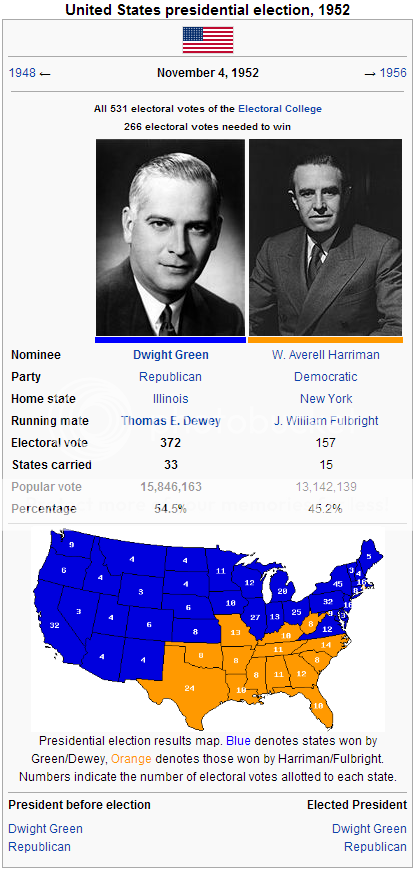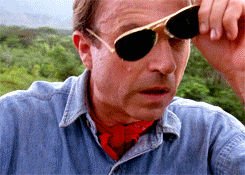Better start going then.
I won't make any promises.
He lives off the tears and rage of the Prog Cons.

Better start going then.
He lives off the tears and rage of the Prog Cons.

<snip>
I'd imagine ProgCon/Conservative tears taste like Republican tears, but with a hint of maple syrup.
But a lot more of them.
I'd imagine ProgCon/Conservative tears taste like Republican tears, but with a hint of maple syrup.
Depends on the jurisdiction.
Xanadu doesn't have one though, does it? I seem to recall that one Republican winning with like 30% of the vote there.

"The great man of three centurys"

The wikibox isn't showing up on my end.A Jovian Night's Election Dream
The 2143 Dacia premier election
The wikibox isn't showing up on my end.
It is. Question; given that Lemiux won the second-most amount of votes, why isn't he in the middle?Okay, it should be there now
It is. Question; given that Lemiux won the second-most amount of votes, why isn't he in the middle?
It is. Question; given that Lemiux won the second-most amount of votes, why isn't he in the middle?
The 1906 National Election was important in Nieuwnederlander history because it marked the beginning of the rise of the Rood Party, and the Fall of the Blauw-Oranje Duopoly.
*Checks*But he didn't, he won a state but got less then half of the Democratic candidate.